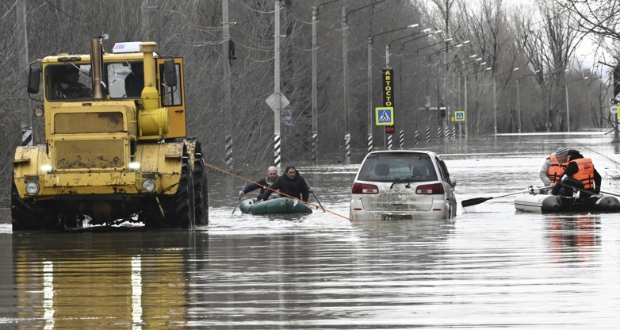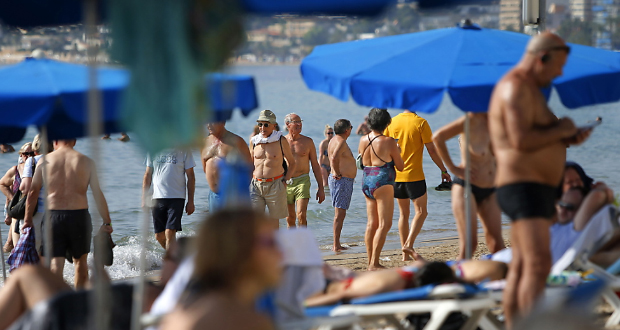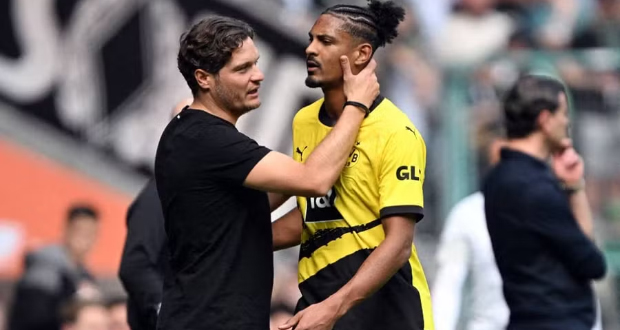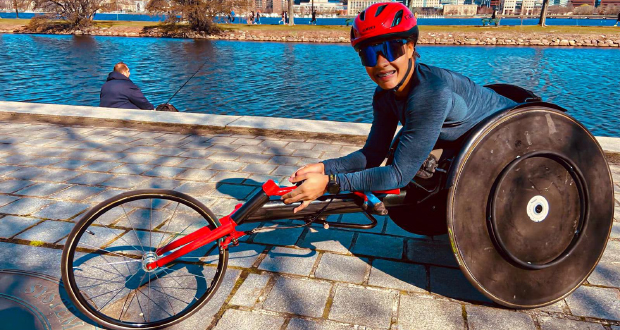Publicité
My First Encounter with Madiba
Par
Partager cet article
My First Encounter with Madiba

The memorial service held yesterday at the FNB stadium of Soweto, near Johannesburg, turned out to be a celebration of a Hero’s life of trials, tribulations and triumphs more than a mourning ceremony lamenting over the passing of South Africa’s first elected President - a political giant. Never before, in the history of mankind, have so many world leaders assembled to pay tribute to one of their peers, who albeit stood head and shoulders above them all.
A man of the highest integrity, a political figure of exceptional stature, Nelson born Rolihlahla Mandela, drawing people to him like a magnet, knew how to conquer their hearts. He was the very epitome of resilience and sacrifice and acquired, in the process, a moral authority of the highest order that made of him the world’s most admired and respected person. He became a ‘larger than life’ human being. On his passing on December 5th, this year, Nobel Peace Prize laureate and long-time companion and friend Desmond Tutu described him as ‘‘the most admired and revered statesperson in the world and one of the greatest human beings to walk this earth.’’ Madiba’s long walk to freedom is over. He has won a place of choice in world history. The South Africans first and the whole world after, have everything to gain in following that beacon of hope and of light that he will always be.
My first encounter with Nelson Mandela made on me an indelible impression. That Friday morning, the 11th September 1998, was not business as usual at the State House. There was excitement in the air, palpable excitement. Hectic last-minute preparations were underway to receive our most illustrious visitor. He had agreed to be our guest of honour for lunch.
In all the agitation around, when everyone seemed to be in a flutter, to ensure that our honoured guest be given the best and heartiest of welcome commensurate with his intrinsic worth and international standing, it suddenly dawned upon me that I was about to receive probably the greatest living being on earth. I was filled with a sense of awe and felt humbled. I remembered how, in 1986, as Lord Mayor, I tabled a motion in Council to make of ‘prisoner’ Mandela the Freeman of the city of Port-Louis and during the Civic fortnight of that same year, on behalf of the city Council, I handed over the casket with its Certificate to the African National Congress (ANC) representative in Tanzania, who had specially come for the ceremony. Fate had, this time, decided that I would bestow on him personally the highest distinction of the land, the Grand Commander of the Order of the Star and Key of the Indian Ocean.
KEEP RECORD
The Chateau du Réduit, in its Blue Room, furnished in rather austere style or in its gorgeously decorated Ball Room, has witnessed the passage of a whole galaxy of world political stars and internationally-hailed dignitaries and personalities both during and after the colonial days down to the more recent Republican era. It was about to open its doors to the most prominent of them all and the welcome had to be the most gracious of all.
At the turn of the 20th century, when he was still a relatively obscure political actor in Indian politics, Mohandas Karamchand Gandhi, the British-trained barrister, who had achieved notoriety, successfully defending cases involving some of the rich merchants of the Indian community settled in South Africa while resisting, after being himself victim of colour bar, a social system in which people of dark skin were denied the same rights as those of a white skin – the precursor of Apartheid – was ceremoniously received at the Chateau by the then British Governor. No official record of that momentous visit has been preserved in the Archives of the State House. At least, I haven’t found any. And yet, Gandhi was to be undoubtedly the most important of all the visitors of outstanding stature who, before and after him, would grace the Chateau with his distinguished presence. Mandela’s visit, topping them all, must not, for posterity’s sake, suffer the same fate!
I had never felt an urge of visiting South Africa. Actually, I had even made up my mind never to visit that country where the most abhorred political system was in place. Apartheid, like slavery, was dehumanising. It was a policy of strict separation with the most cruel and humiliating treatment meted out to millions of human beings, robbed of their land, of their country and its rich mineral and other resources and denied all basic human rights. Those who dared challenge the system met with the harshest of penalties and often considered as terrorists and traitors would be condemned to death or imprisoned for life. One of them, the most famous of them all, was Nelson Mandela, who was sentenced to life imprisonment in 1964 on charges of sabotage and treason. He refused to appeal against the judgment. He never denied having formed, alongside the ANC, a military organisation ‘Umkhonto we Sizwe’ – the Spear of the Nation, to frighten off foreign investment and for which the Whites accused him of being a terrorist. The statement he made at the trial reveals the strength of his character, his determination but above all the loftiness of his ideal, fearlessly expressed, of the freedom of his people, of all the people of South Africa that he would struggle for till the ultimate end. “I have fought against white domination and I have fought against black domination”, he said. “I have cherished the ideal of a democratic and free society in which all persons live together in harmony and with equal opportunities. It is an ideal which I hope to live for and to achieve. But if needs be, it is an ideal for which I am prepared to die.”
‘‘LET BYGONES BE BYGONES’’
Mandela had spent most of the 27 years in prison, on Robben island, crushing rocks and polishing his soul to reach the stage of, what a foreign news editor described as, ‘‘the Robben island Mahatma’’. He was released on February 11th, 1990, to become his people’s saviour, bringing them freedom and dignity. But they were to be flabbergasted by the ‘great little’ initiatives that, with the dazzling display characteristic of great footballers’ skill, he took, in his impossible bid to the reconciliation and peaceful reunification of his people. We know that when he was released from prison, he told his jailor ‘‘Let bygones be bygones’’. On the formation of his first government, he invited for lunch none other than Percy Yutar, the White chief prosecutor at his trial and saw personally to it that he was served with kosher food. His gesture of donning the Springboks cap and jersey at the 1995 Rugby World Cup final conquered the last bastion of apartheid. Since the era of freedom inaugurated by the election of Mandela as the founding President of democratic South Africa, I was cherishing the silent dream of visiting that country if only to meet with that human colossus but here he was, himself, by a strange twist of fate or history, to ‘‘call personally on me’’. In the preparation leading to President Mandela’s State visit to Mauritius, for practical purposes and especially because of time constraint, it was decided that two ceremonies, the one of the conferment on him of the degree of Doctor Honoris Causa by the University of Mauritius and the other, of the GCSK award followed by lunch at the neighbouring State House would be combined and compressed within the short period of one and a half hours, between 11.30 a.m. and 1 p.m. on Friday 11th September 1998. But events do not always happen as smoothly and as punctually as predetermined and it happened that, due to circumstances unforeseen, the President’s party got delayed and when he and Graca Machel joined our 75 odd guests for lunch, we had some half an hour delay on the scheduled time. Of the conversation at table I only remember his gallant remarks to my wife and his quirky sense of humour that really struck me. However, what will remain for an unforgettable moment of emotion was the unbelievable gesture of President Mandela, when as soon as the main course was over and before desert and coffee could be served, he placed his hand on my arm, rose from his seat and bade the gathering farewell. His words, whispered in my ears, as sweet music, still vibrate in my memory today. “Thank you very much, Mr President. It was an excellent meal. We should leave now as you have to go to the mosque for your Friday prayer.” I remained completely dumbfounded. He walked away in the same dignified way that he came but so much taller in my eyes and so much closer to my heart.
Publicité
Les plus récents






